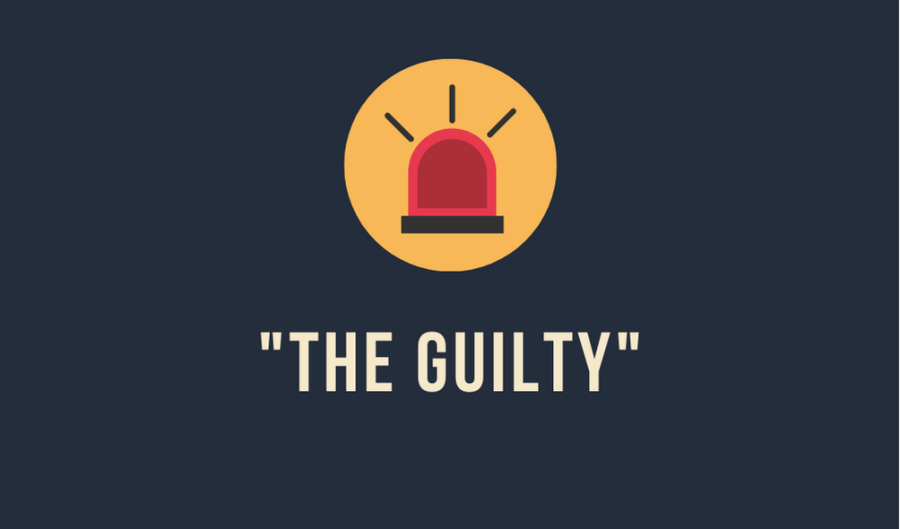‘The Guilty’ exposes the double-faced nature of remake culture in the film industry
Since its release to all audiences on Oct. 1, “The Guilty” has reached over 69 million households in its first four weeks.
October 21, 2021
On Oct. 1, 2021, Netflix released its new crime thriller, “The Guilty,” a remake of the highly-acclaimed 2018 Danish film of the same name. From acclaimed director Antoine Fuqua, known for 2001’s Oscar-winning “Training Day,” and well-known stars like Jake Gyllenhaal, Ethan Hawke and Paul Dano, “The Guilty” provides an expected thrill, mirroring the very film it was remade from.
Joe Baylor (Jake Gyllenhaal) is an LAPD officer demoted to working the night shift for the 911 dispatch due to a fatal controversy. Meanwhile, L.A. is in a total nightmarish state due to an absolutely horrendous wildfire. Baylor has a broken background, seen desperately attempting to simply say goodnight to his daughter over the phone. He soon receives an especially intriguing call from a woman named Emily (Riley Keough), who is in a dangerous situation that does not allow her to give full answers. Baylor has to figure out by only asking yes or no questions, leading to a plot full of twists and turns, told greatly through phone calls.
“The Guilty” was filmed in an astonishingly meager 11 days, made possible by the singular building in which the entire film takes place. Possibly the most shocking fact about this film is that Fuqua was quarantined for 10 of the 11 days of shooting, due to him being a COVID-19 close contact. Although he tested negative, he was still unable to be in-person for the shoot because the production followed the correct safety protocols. They adapted to this by setting up a trailer, from which Fuqua was able to direct. Because this production did not have to travel to different filming locations, this adaption was possible.
Looking at the overall impact that this production had on the film industry, it is yet another remake that is not bad but not necessarily life-changing. Like anything, these types of films have both pros and cons. On one hand, remakes can be perceived as a simple corporate cash-grab that artlessly schemes to gross enough to make a healthy profit. On the other hand, these films can popularize enthralling stories with ingenious alterations from the original material. This reveals that remakes do not necessarily subscribe to the black and white nature that many claim them to. Of course, it is important to celebrate the original films for their sincerity, but once a remake comes out it seems as if some lack the ability to keep a hold of their already established criticisms of the original, and they commonly choose to dump it all on the remake. “The Guilty” provided the anxiety and thrills that it guaranteed, introducing this story to many more viewers than the Danish version was able to, due to the fact that it is on the massive streaming service that is Netflix.
While this version of “The Guilty” is on Netflix, the Danish version is available for streaming on Hulu, along with purchase or rental on any rental platform.









